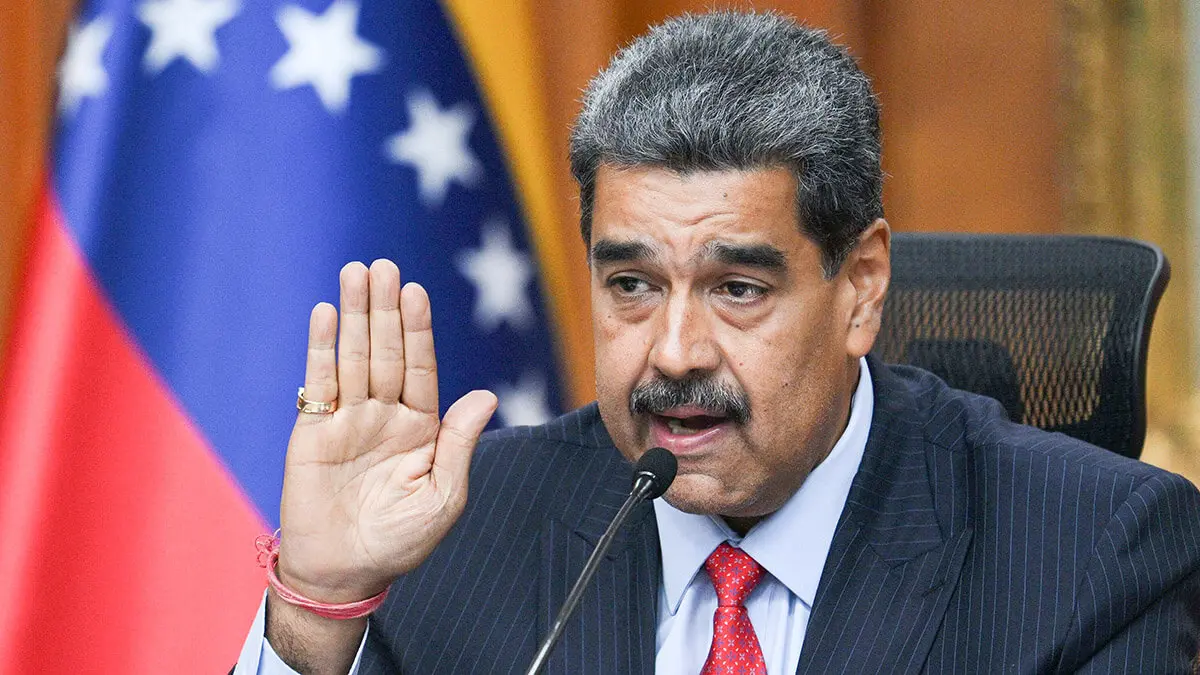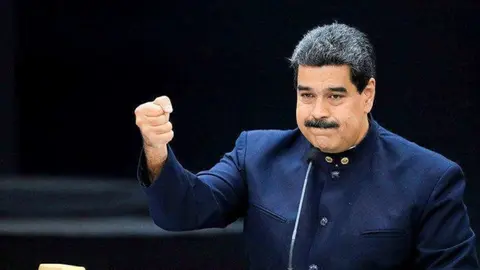What do China and Russia have to do with Venezuela?

Venezuela's situation reflects a broader strategic battle in the Western Hemisphere. Nicolás Maduro’s allies, including China and Russia, have provided him with weapons, oil-refining technology, and billions in loans, backing him in confrontations with the West. Venezuela is critical to China's ambitions in the Americas, providing access to resources, markets, and strategic military options. The coalition of China, Russia, Iran, and North Korea (CRANK) supports Maduro, undermining international efforts to force his exit through diplomatic isolation and economic sanctions, and weakening the power of such measures globally. Russia has pledged substantial financial and military support, while China has been Venezuela’s principal creditor and largest oil purchaser, trading through third parties to evade U.S. sanctions.
Venezuela has faced a prolonged political and economic crisis, with Maduro accused of election fraud, undemocratic practices, and corruption. The 2018 presidential election, widely condemned as fraudulent, solidified Maduro’s power but heightened opposition. The 2024 election has escalated tensions further, with allegations of vote manipulation and suppression of opposition candidates. Protests reflect deep dissatisfaction with the government's economic mismanagement and human rights abuses, exacerbated by the expansion of detention facilities like the Helicoide.
Examining global examples of coups reveals critical factors for evaluating Venezuela's situation. Military support and unity, political legitimacy, public discontent, control of communication channels, and international reactions are pivotal. In Venezuela, signs suggest potential for a coup, but success depends on various factors. Maduro’s government faces international accusations of electoral fraud, undermining its legitimacy, but internal divisions within the government and military are necessary for a formidable challenge. Economically, hyperinflation, food shortages, and deteriorating public services erode public support, creating fertile ground for a coup driven by widespread discontent.
Social unrest is another critical factor, with persistent protests indicating potential instability. Organized opposition and large-scale protests could signal to military or government factions the need for change. Reports of Maduro deploying Wagner soldiers highlight his determination to maintain power. Military loyalty is crucial, with defections and public statements from leaders being significant warning signs. Changes in security forces' behavior, such as increased repression or reluctance to quell protests, might indicate weakening power. Historical precedents show that military dissatisfaction combined with public support for change can catalyze coups, requiring unity and decisive actions.
Ultimately, Venezuela's fate may depend less on internal dynamics and more on how China and Russia shape South America. With U.S. elections, the war in Ukraine, and U.S. commitments to Israel, Venezuela may find itself under continued influence from Maduro and Xi. China, seeking an unconditional ally in a larger geopolitical dispute with the United States, appears to prefer a Venezuela with Maduro in power.


